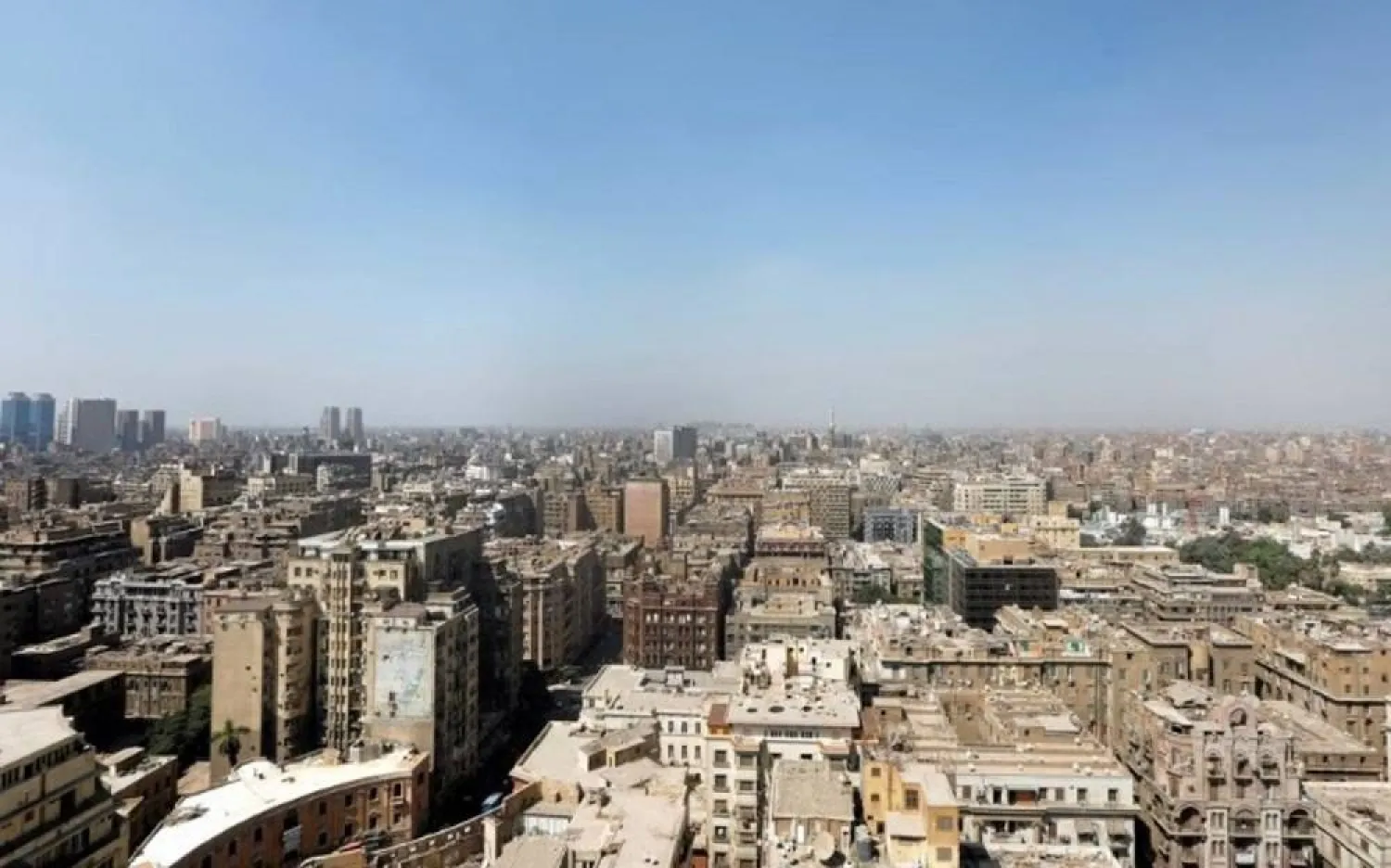The 49th Arab Labor Conference (ALC) will be held in Cairo on Monday and discuss the repercussions of international crises on the region.
The conference will be held under the auspices of Egyptian President Abdel Fattah al-Sisi and will be chaired by Mauritania. Twenty-one Arab countries are expected to take part in the event that will run until May 29.
The Arab Labor Organization (ALO) said on Friday that Arab countries are facing unprecedented challenges due to the health, social, and economic crises, as well as the consequences of the Russian-Ukrainian crisis.
The ALO stressed the need for reinforcing social dialogue mechanisms that pave the way for recovery.
The agenda of the ALC will tackle means to reinforce social dialogue on the national level to enable economies and communities to confront crises and curtail their impact to achieve sustainable development goals.
The ALO said on Friday that the conference will tackle new work patterns and policies of education and vocational and technical training amid the digital transformation, reported the Middle East News Agency.
The 48th ALC was held in September. It tackled artificial intelligence, new work patterns, digitization of the social protection systems, and the opportunities that are offered by modern technology in enhancing work conditions and relations.
The 47th ALC was held in September 2021 and discussed encouraging entrepreneurship and small projects and backing the efforts toward sustainable development and empowerment, innovation reinforcement, and digital transformation.









